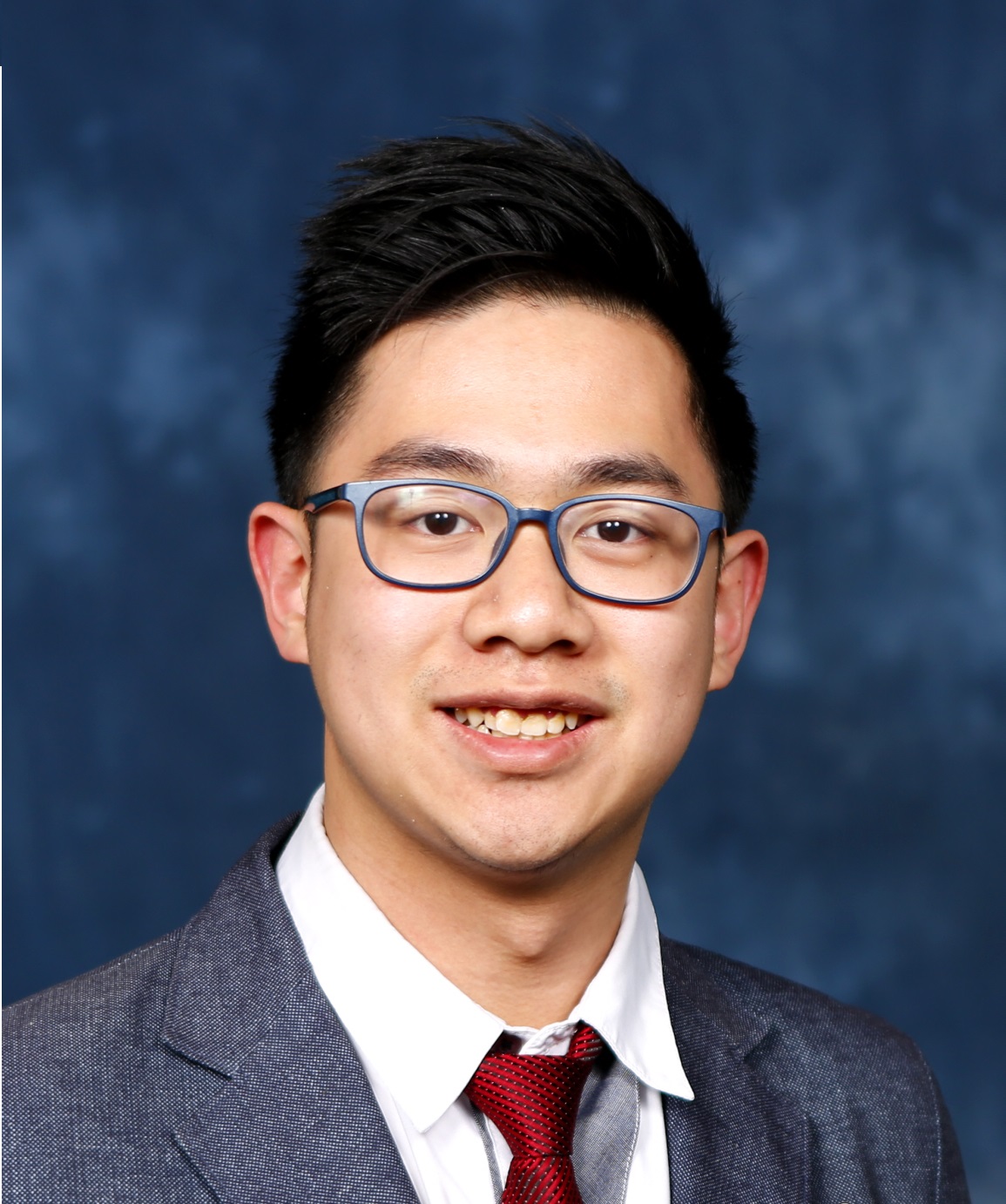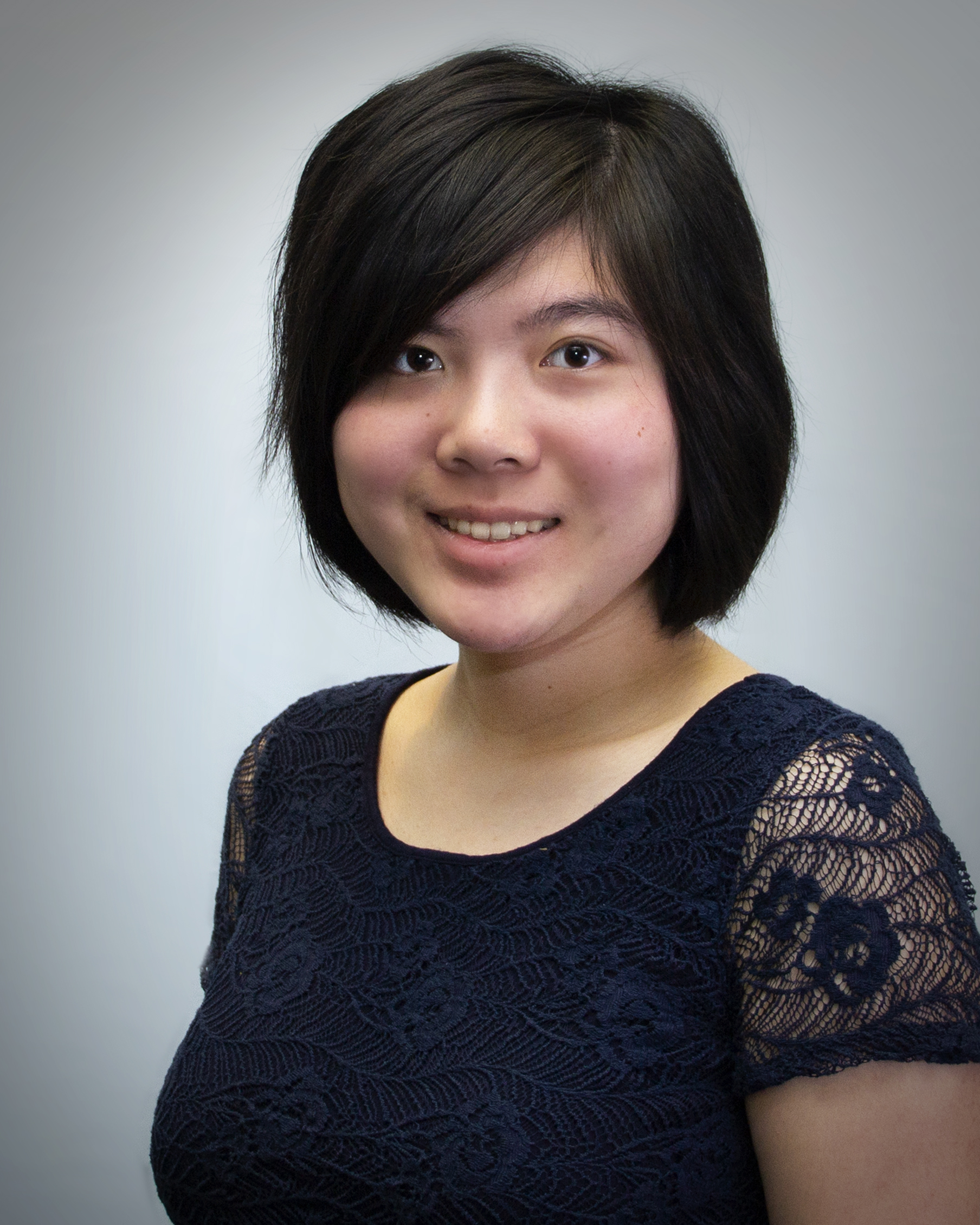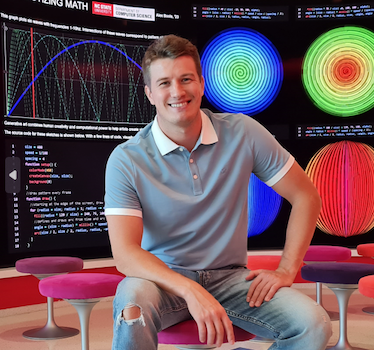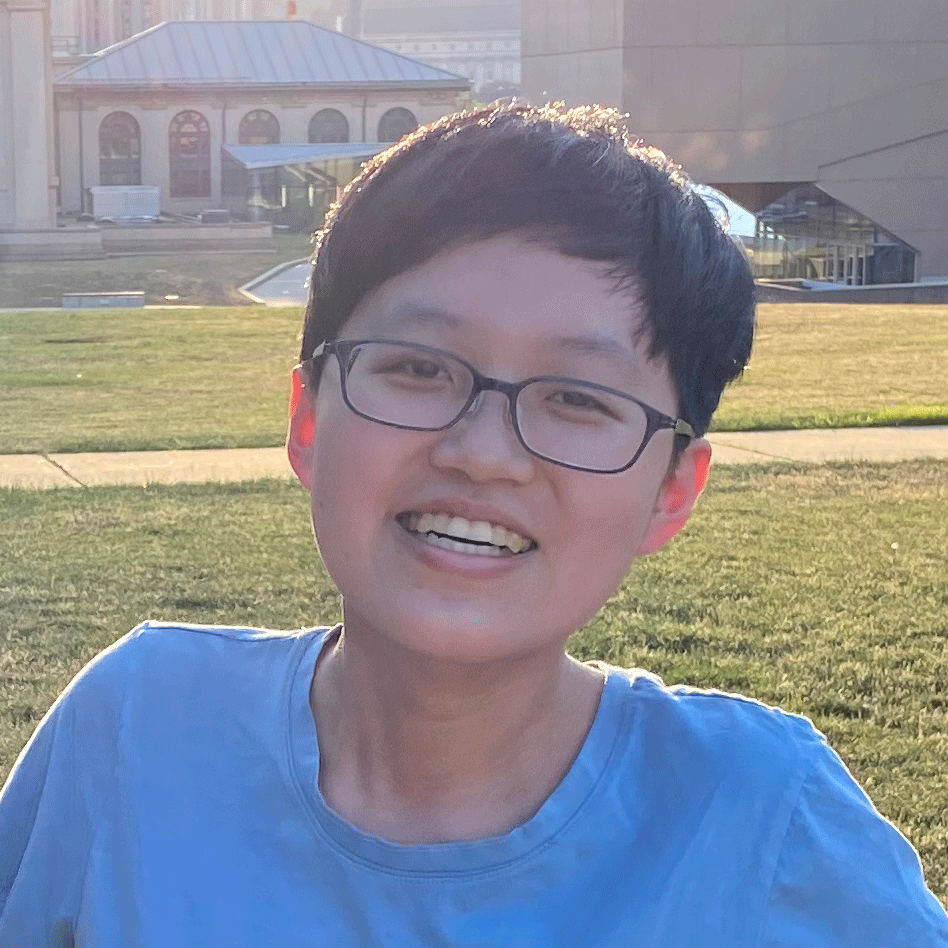FUTURE Students
CONTACT US
- Director
- Blas Uberuaga
- LANL
- (505) 667-9105
- Deputy Director
- Peter Hosemann
- UC Berkeley
- (510) 717-5752
Nathan Bieberdorf (UCB) |
|
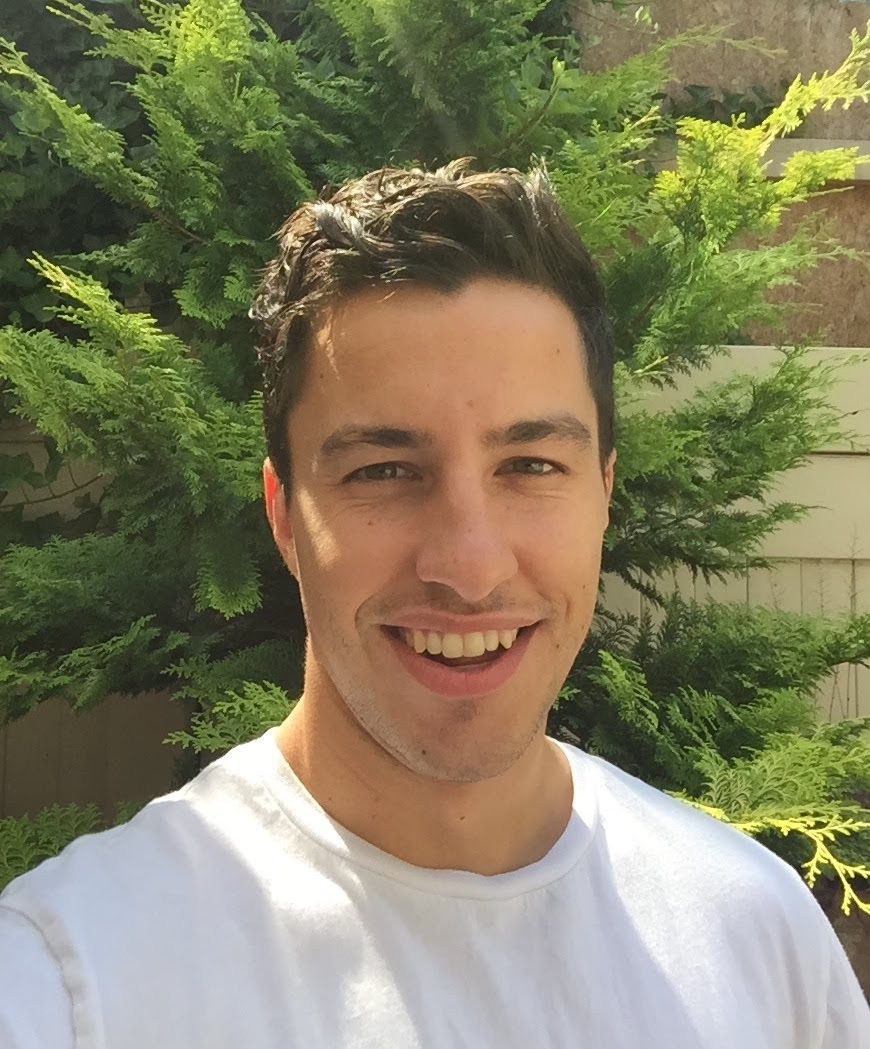 |
Nathan Bieberdorf is a PhD student at the University of California, Berkeley, working on the modeling cross-thrust of FUTURE. Nathan is developing a mesoscale model for microstructure evolution in structural materials subjected to extreme environments. In his free time, Nathan enjoys playing soccer, traveling, and going to concerts. |
Ho Lun Chan (UVA) |
|
|
|
Ho Lun Chan (Lun) is a PhD student in materials science and engineering at the University of Virginia, working on Thrust 3 of the FUTURE project. Mentored by Dr. John Scully, Lun is utilizing advanced electrochemical methods to investigate the corrosion mechanism and survivability of passiviated & irradiated nuclear reactor alloys in extreme environments. Lun has a strong passion for corrosion research, entrepreneurship, and enjoys cooking in his spare time. |
Thai hang Chung (ASU) |
|
|
|
Thai hang Chung is a PhD student at Arizona State University, aiding in the deployment of in-situ positron beamlines to study nanoscale defects as they are created during ion irradiation. He is currently involved in developing software and instrumentation for the data analysis and data acquisition systems on the beamline. In his spare time, he enjoys drawing, exploring the outdoors, and is a bedroom musician. |
Santiago De Stefano Cavazos (UTSA) |
|
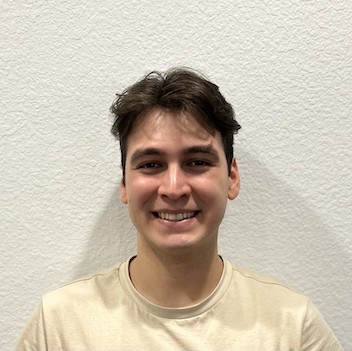 |
Santiago de Stefano Cavazos M.S Mechanical Engineering student at University of Texas San Antonio. Working on alloy modeling of nickel chrome and iron chrome. |
Ryan Hayes (UCB) |
|
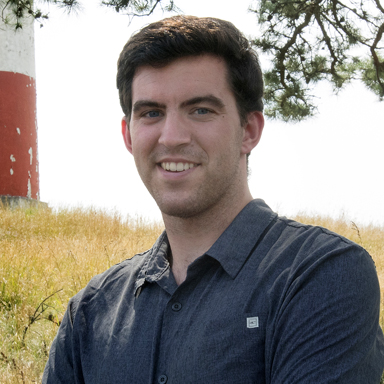 |
Ryan Hayes is a PhD student at the University of California, Berkeley. His studies focus on the surface interactions between molten salts and various materials, measuring the contact angle between the two in order to assess the effects of corrosion on a material’s wettability. In his free time, Ryan loves playing tennis, card/board games, and learning to cook. |
Andrea Hwang (UCB) |
|
|
|
Andrea is a PhD student at the University of California, Berkeley, advised by Professor Mark Asta. She works on the modeling thrust of FUTURE. Currently, Andrea is using molecular dynamics and ab-initio methods to investigate molten salt/metal interfaces. |
Dmitry Kretov (NCSU) |
|
|
|
Dmitrii Kretov is a PhD student at the North Carolina State University advised by Dr. Djamel Kaoumi. His research focuses on studying thermally-induced and irradiation-induced grain growth in nanocrystalline materials using in-situ TEM. In his spare time, he enjoys soccer, ping pong, and skateboarding.
|
Dongye Liu (UCB) |
|
|
|
Dongye Liu is a PhD student at the University of California, Berkeley, advised by Professor Andrew Minor. Her study is under FUTURE thrust 2. Dongye is utilizing 4DSTEM techniques and high resolution STEM-EDS to investigate the population and evolution of nano defects in metallic materials under extreme environments. |
Shivani Srivastava (UCB) |
|
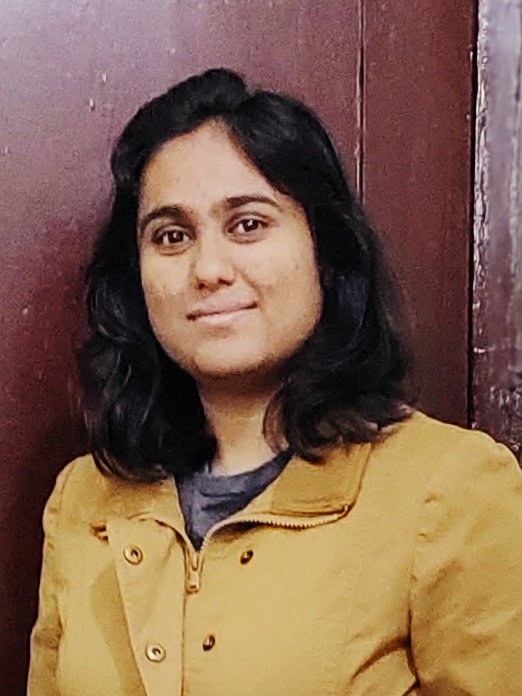 |
Shivani Srivastava is a graduate student from the University of California, Berkeley, advised by Prof. Mark Asta. Her research focuses on understanding materials behavior emerging from presence of point defects, using ab-initio calculations. In FUTURE, she is also involved in modelling the characteristics of positron annihilation used for characterizing defects in materials under irradiation.
|

